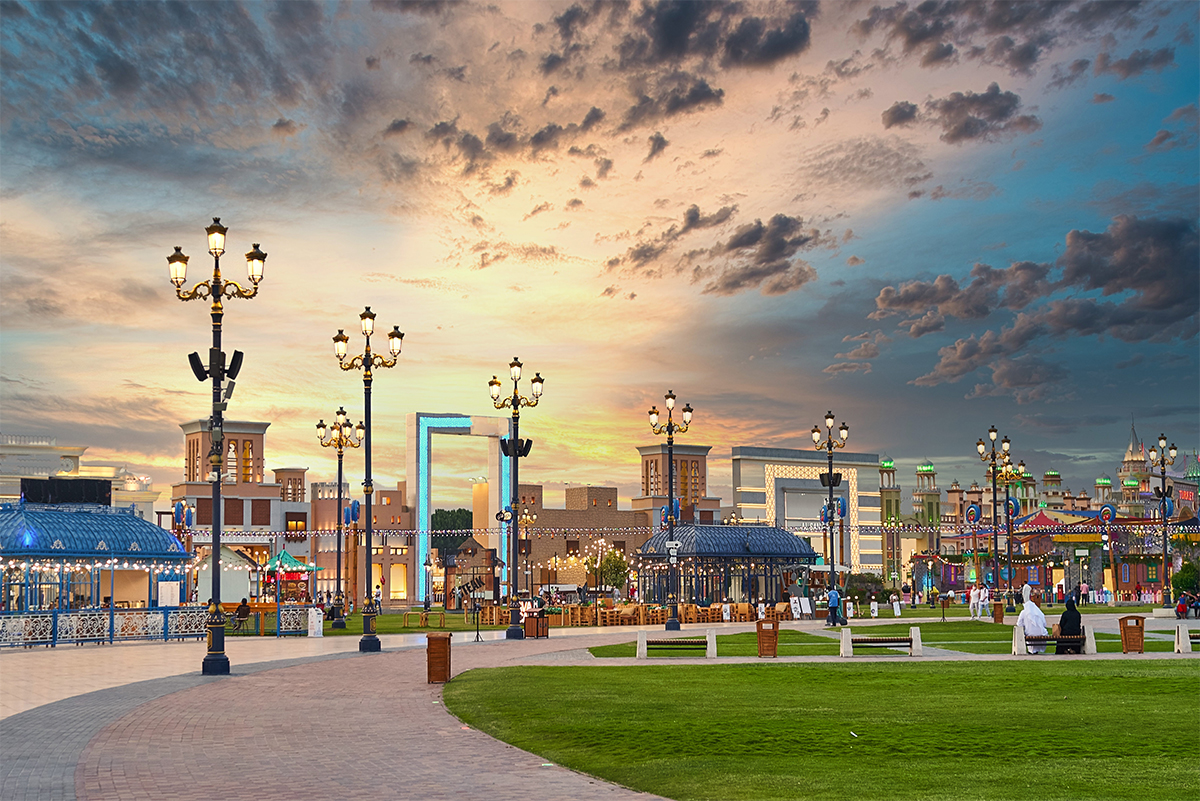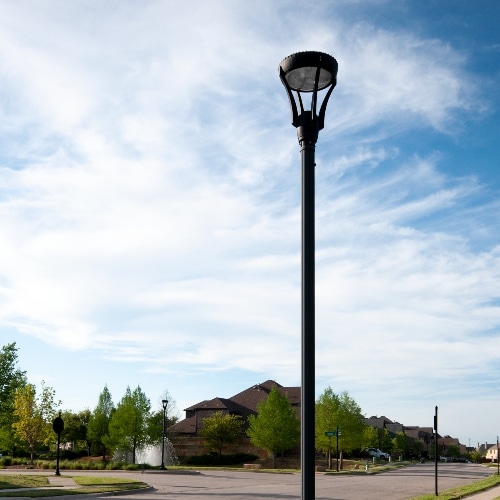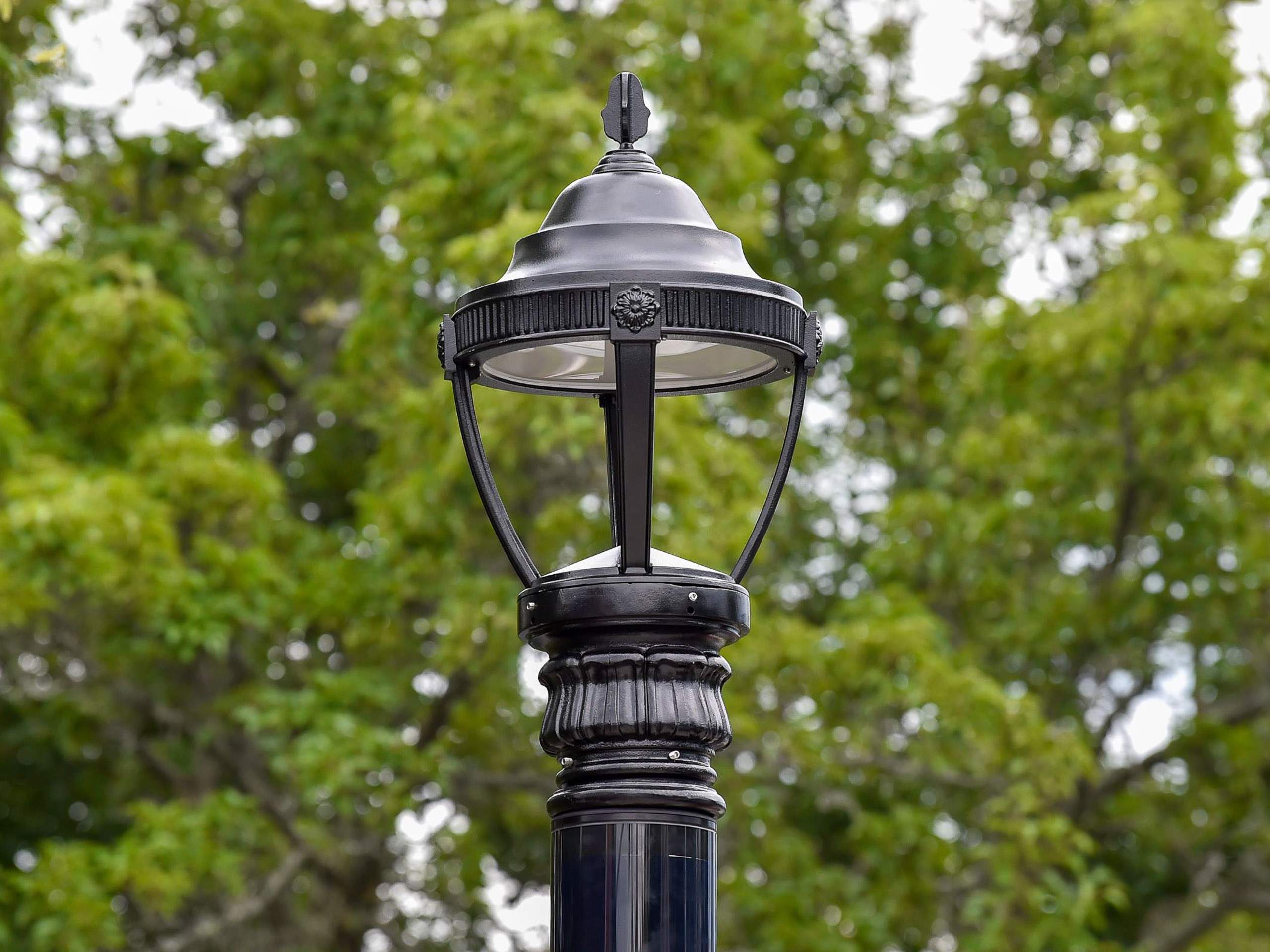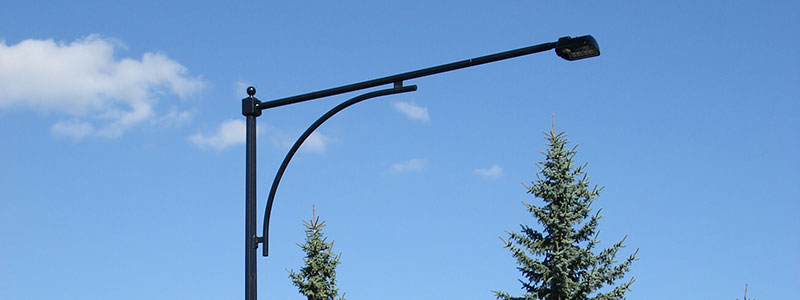When you think of street lights, you might envision dull, utilitarian poles flickering in the dark. However, decorative street lights transform mundane urban spaces into enchanting environments. In this article, we will explore the realm of decorative street lights, combining functionality with aesthetic appeal, based on personal experiences and insights.
What Are Decorative Street Lights?
Decorative street lights are lighting fixtures designed not only to illuminate streets but also to enhance the visual character of communities. They come in various styles, colors, and materials, catering to different architectural themes and urban designs.
Types of Decorative Street Lights
Understanding the various types of decorative street lights can help you choose the right one for your community. Here are some of the most popular styles:
- Victorian Style: Classic designs, often featuring ornate lamp heads and detailed poles.
- Modern Minimalist: Sleek and simple designs with clean lines for a contemporary look.
- Rustic Style: Use of natural materials and finishes that blend with outdoor environments.
- Artistic Designs: Custom-made street lights that incorporate artistic elements, serving as public art installations.
Benefits of Decorative Street Lights
Why invest in decorative street lights? Let’s explore the many benefits:
Enhancing Aesthetic Appeal
Decorative street lights not only provide illumination but also beautify urban spaces. I remember walking through a neighborhood adorned with vintage-style street lights; they created a charming atmosphere that invited exploration.
Improving Safety and Visibility
Functionality is key. Well-lit streets reduce accidents and enhance safety. According to various studies, pedestrian areas with ample lighting see a significant decrease in crime rates.

Increasing Property Values
Communities with aesthetically pleasing street lights often witness an uptick in property values. Potential homeowners are drawn to neighborhoods that exude charm and safety.
Choosing the Right Decorative Street Light
Selecting the right decorative street light requires careful consideration of various factors including style, material, and placement.

Style and Design
Consider how the street lights will complement the existing architecture. For instance, in historic districts, vintage lamps may be preferred.
Materials and Durability
The materials used in decorative street lights affect their longevity. Common materials include:
- Cast Iron: Durable and heavy, often used in classic designs.
- Aluminum: Lightweight and resistant to rust, popular in modern designs.
- Steel: Strong and sturdy, suitable for high-traffic areas.

Energy Efficiency
Opt for energy-efficient lighting options such as LED bulbs. They not only consume less power but also require less frequent replacements, making them a cost-effective choice.
Installation and Maintenance
Proper installation and regular maintenance are crucial for the longevity of decorative street lights.

Installation Process
Hiring professional electricians is recommended for installation to ensure safety and compliance with local regulations.
Common Installation Considerations
- Distance between lights to avoid over-illumination or dark spots.
- Placement near pedestrian pathways for optimal visibility.

Maintenance Tips
Regular maintenance will keep the lights functioning and looking great. Here are some tips based on my experience:
- Inspect wiring and connections regularly for any signs of wear.
- Clean lamp shades to remove dust and cobwebs.
- Replace bulbs as needed to ensure consistent lighting.
Cost Considerations
The cost of decorative street lights varies widely based on several factors. Below is a breakdown:

| Factor | Cost Range |
|---|---|
| Basic Models | $200 – $400 |
| Mid-Range Models | $400 – $800 |
| High-End Custom Models | $800 – $2000+ |
| Installation Costs | $100 – $500 per light |
Case Studies: Success Stories
Let’s look at a couple of case studies where the implementation of decorative street lights made a significant impact.

Case Study 1: Revitalizing a Downtown Area
A small town revitalized its downtown area by installing Victorian-style street lights. The local business owners noted a 30% increase in foot traffic, leading to increased sales.
Case Study 2: Eco-Friendly Community
In another instance, a community opted for solar-powered decorative street lights. Not only did they cut down on energy costs, but they also became a focal point in community sustainability discussions.
Pros and Cons of Decorative Street Lights
As with any investment, there are advantages and disadvantages to consider.
Pros
- Enhance visual appeal and curb appeal of neighborhoods.
- Improve safety for pedestrians and vehicles.
- Potentially increase property values.
Cons
- Higher initial investment compared to standard street lights.
- Maintenance costs can add up over time.
- Possible challenges in installation if not planned properly.
FAQs About Decorative Street Lights
What are the key features of decorative street lights?
Key features include unique designs, materials, energy efficiency, and the ability to withstand weather conditions.
How long do decorative street lights last?
With proper maintenance, decorative street lights can last 20 years or more, depending on the materials used.
Are decorative street lights energy efficient?
Yes, many decorative street lights now come equipped with LED technology, significantly reducing energy consumption.
Can decorative street lights be solar-powered?
Absolutely! Solar-powered decorative street lights are an eco-friendly option and are gaining popularity in many communities.
Conclusion
Decorative street lights provide much more than just illumination; they enhance the charm, safety, and livability of our neighborhoods. From personal experience, I believe that investing in the right decorative street lights can transform any urban space into a vibrant and welcoming environment. Whether you’re a homeowner, business owner, or community planner, consider the impact of decorative street lights on your surroundings and the lasting impression they can create.